As a pet owner, you do everything you can to protect your pet, and while you can’t prevent every veterinary emergency, you can take precautions to decrease your furry pal’s poisoning risk. The most common veterinary emergencies involve pets’ accidental ingestion of common medications, foods, plants, and household items. March is National Pet Poison Prevention Awareness Month, and our Fairfax Veterinary Clinic team is sharing the information you need to know to help protect your furry pal from common toxins.
Medications can be toxic to pets
Nearly half of the Pet Poison Helpline’s annual calls involve a pet’s ingestion of medications intended for people—both over-the-counter (OTC) and prescription. Medications can be found everywhere, including in purses, backpacks, and pockets, and on nightstand tabletops. To pets, pills look like tasty treats, and if your pet ingests a medication that is not meant for them, they can experience serious health problems. Keep all medications out of your pet’s reach by storing them in a secure cabinet, especially the following drugs:
- OTC medications — Because you can purchase OTC medications without a prescription, they are everywhere. The most concerning OTC medications include:
- Nonsteroidal anti-inflammatory drugs (NSAIDs) — Ibuprofen (e.g., Advil, Motrin) and naproxen (e.g., Aleve) are the most common toxic NSAIDs ingested by pets. If your pet ingests only one to two of these pills, they may develop stomach ulcers or kidney failure. Only your veterinarian can prescribe pet-safe NSAIDs.
- Acetaminophen — Acetaminophen (e.g., Tylenol) is a popular pain reliever that can damage cats’ and dogs’ red blood cells, impairing their ability to carry oxygen. In addition, a dog who ingests acetaminophens can experience liver damage.
- Decongestants — Decongestants, such as pseudoephedrine, have stimulant-like effects on cats and dogs, and can be harmful or deadly.
- Prescription medications — While many veterinary drugs are the same as those intended for people, each species metabolizes medications differently. If you give your pet the same drug dosage that’s appropriate for you, they can experience serious health complications. Never share these prescription medications with your pet:
- Antidepressants — Because of significant dosing differences, the antidepressants you give your furry pal should only be the drugs your veterinarian prescribed for that specific pet. Antidepressant overdose can cause neurologic signs, such as seizures and tremors, and altered cardiovascular function that occur because of low blood pressure and severe cardiac arrhythmias.
- Attention deficit hyperactivity disorder (ADHD or ADD) medications — If your pet ingests ADHD medication, they will experience agitation, and increased heart rate, blood pressure, and body temperature. Overdosed dogs and cats may become outwardly restless, pace, and circle. Cats may also become stuporous and stay incredibly still. If ADHD overdose is left untreated, a pet’s prolonged high blood pressure can impact their kidneys, and severe cases can be fatal.
- Heart medications — Heart medications, such as calcium channel blockers, beta-blockers, and angiotensin-converting enzyme (ACE) inhibitors, are incredibly dangerous to pets and can cause a severe blood pressure drop, slow heart rate or arrhythmia, heart or respiratory failure, and coma.
- Veterinary medications — All medications—including prescription veterinary medications—are potentially hazardous to dogs and cats. Never use one pet’s medication for another pet unless your veterinarian instructs you to do so, and don’t give your dog’s medication to your cat, and vice versa, because drugs that may be safe for one species may not be safe for another.
Many food ingredients are not safe for pets
For your pet’s safety, avoid sharing table scraps with them, and keep food stored securely out of their reach. Although you may struggle to resist your pet’s pleading eyes as you eat your meal or nibble a snack, remember that many foods you enjoy can be harmful to your pet, including:
- Grapes and raisins
- Onions, chives, garlic, and leeks
- Chocolates
- Macadamia nuts
- Xylitol
Plants are pretty but can poison pets
Plants and flowers look beautiful in your home and yard, but many are harmful to pets. Before bringing home any plants or flowers, always check the American Society for the Prevention of Cruelty to Animals (ASPCA) Toxic and Non-Toxic Plants list to ensure your pet will not be poisoned if they are exposed to or ingest a potentially toxic plant. Common plants that are especially toxic to pets include:
- Sago palms
- Lilies
- Tulips
- Azaleas
- Chrysanthemums
- Autumn crocuses
Household products can harm pets
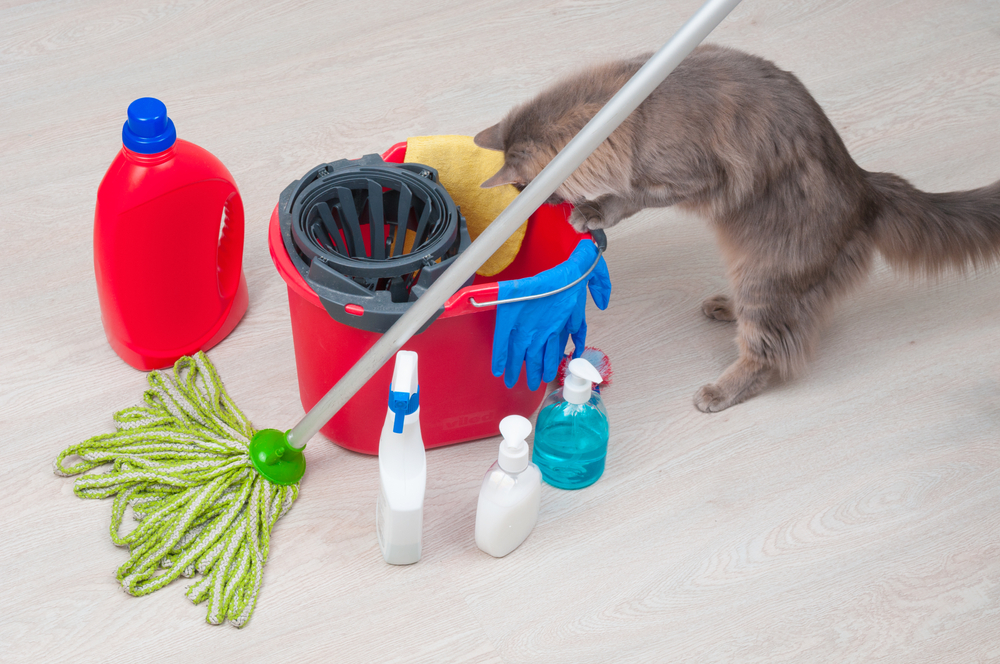
If your pet ingests them, many household products can cause life-threatening conditions. Keep these especially toxic household products out of your pet’s reach:
- Cleaning products — Many household cleaning products (e.g., all-purpose cleaners, disinfectants, bleach) contain chemicals that are extremely toxic to pets. Keep these items out of your pet’s reach—in securely locked cabinets or drawers.
- Rodenticides — The many commonly available rodenticides kill rats and mice, but pets are also susceptible to these poisons’ deadly effects.
- Antifreeze — Antifreeze products contain ethylene glycol, which has a sweet flavor pets cannot resist. However, if your pet laps up even a small amount of this poison, they can develop kidney failure. Antifreeze ingestion signs include lethargy, vomiting, incoordination, excessive thirst and urination, seizures, and coma.
- Fertilizers — Lawn and garden fertilizers often contain chemicals that are poisonous to pets and can lead to gastrointestinal (GI) problems, including pancreatitis.
You can help prevent your pet from being poisoned by learning to recognize common toxins that lurk throughout your home and by keeping them out of your furry pal’s reach. Of course, accidents happen, and if your pet gets into something harmful, contact our Fairfax Veterinary Clinic team or the ASPCA Animal Poison Control Center.




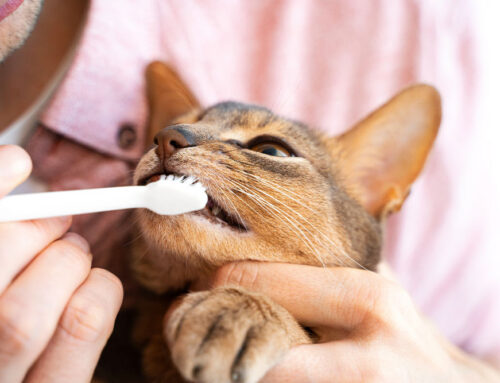
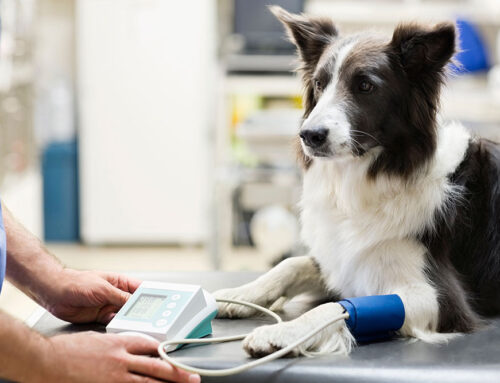
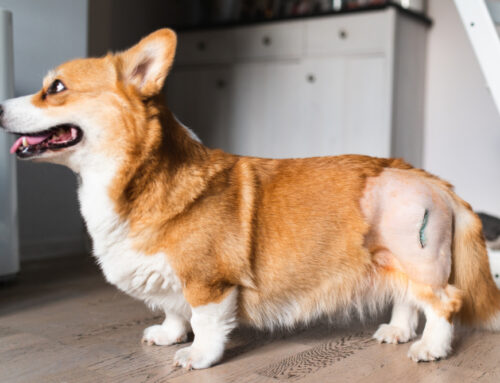
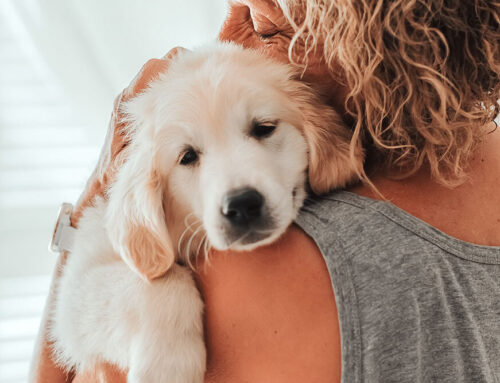
Leave A Comment